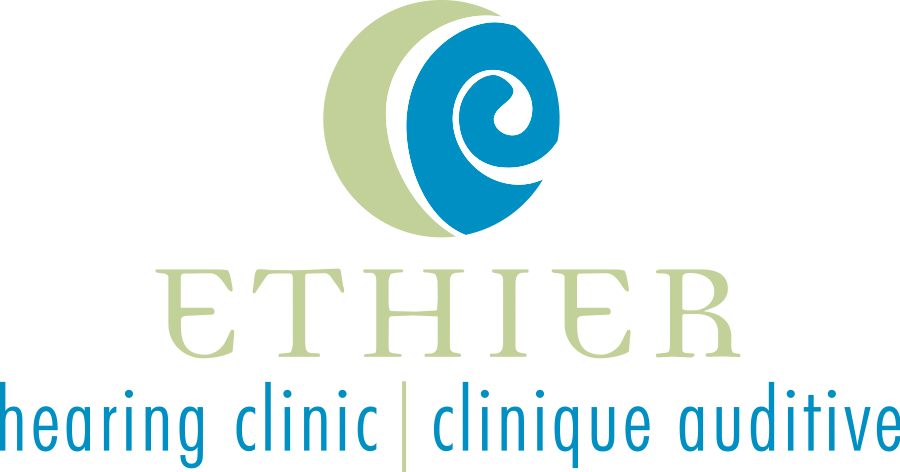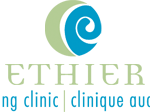Frequently Asked Questions
What is an Audiologist?
What to expect during a Hearing Evaluation?
A hearing evaluation (hearing test) is an in-depth assessment of your hearing and auditory system. The purpose is to determine your hearing health. If a hearing loss is detected, the Audiologist will determine its nature and degree. The evaluation starts with a detailed in-take questionnaire about your health and hearing history. Your hearing difficulties are also identified. Then you will be brought into a sound-proof booth for testing. The Audiologist will administer several tests to determine if there is any wax build-up or blockage in your ears, and then will typically check your hearing with earphones (or headphones); speakers can be used for some cases (for example younger children). Two aspects are assessed during this evaluation: volume (softest sounds you can hear at different frequencies/pitches) as well as speech clarity (is your brain able to make out what your ear is hearing?). After the evaluation, the Audiologist will discuss the results in detail with you. If a hearing loss is identified, management is usually recommended by the means of a hearing aid or other assistive listening devices. The Audiologist will then proceed with a Hearing Aid Selection appointment. The Audiologist may also provide intervention for hearing related disorders, such as tinnitus or sound sensitivity and will also discuss preventative measures for hearing loss.
For a possible medical issue, you will be referred to an Ears-Nose & Throat Specialist (ENT) before possibly proceeding with amplification.
Do I need a referral from my family doctor to see an Audiologist?
Is there any funding towards the cost of hearing aids and FM/ROGER systems?
- The Assistive Devices Program (ADP) with the Ministry of Health and Long-Term Care (contact your Audiologist to inquire about eligibility)
- Private insurance company
- Third-party agencies
- Local charitable organizations
Is there a trial period with hearing aids?
Are hearing aids covered under warranty?
How long do hearing aid batteries last?
- Battery life is affected by several factors such as size of batteries, hearing aid style and daily usage of hearing aid. They usually last anywhere from 5-14 days for disposable ones.
- Some batteries are rechargeable and need to be replaced either once a year (Z-Power) or once every three to five years (Lithium-Ion).
Useful Links
Learn about hearing
Learn about Hearing aids and technologies
Hearing Loss Simulation
CASLPO (Canadian Audiologists and Speech Language Pathologists of Ontario)
CASLPA Canadian Association of Speech Language Pathologists and Audiologists)
CHS (Canadian Hearing Society)
CAA (Canadian Academy of Audiology)
WSIB (Workplace Safety and Insurance Board)
VAC (Veterans Affairs Canada)
ADP (Assistive Devices Program)
Tinnitus Association of Canada
Ida Institute


